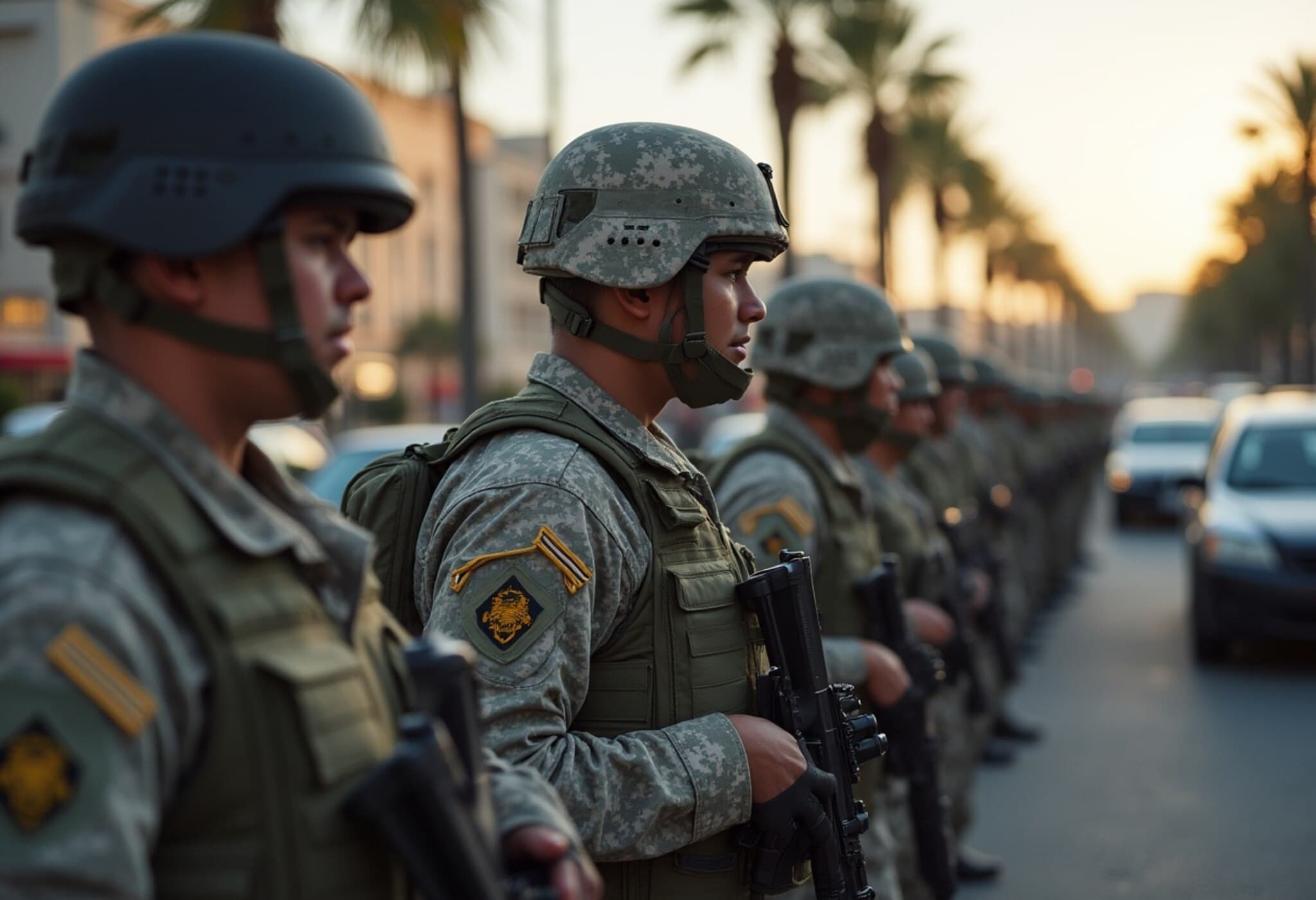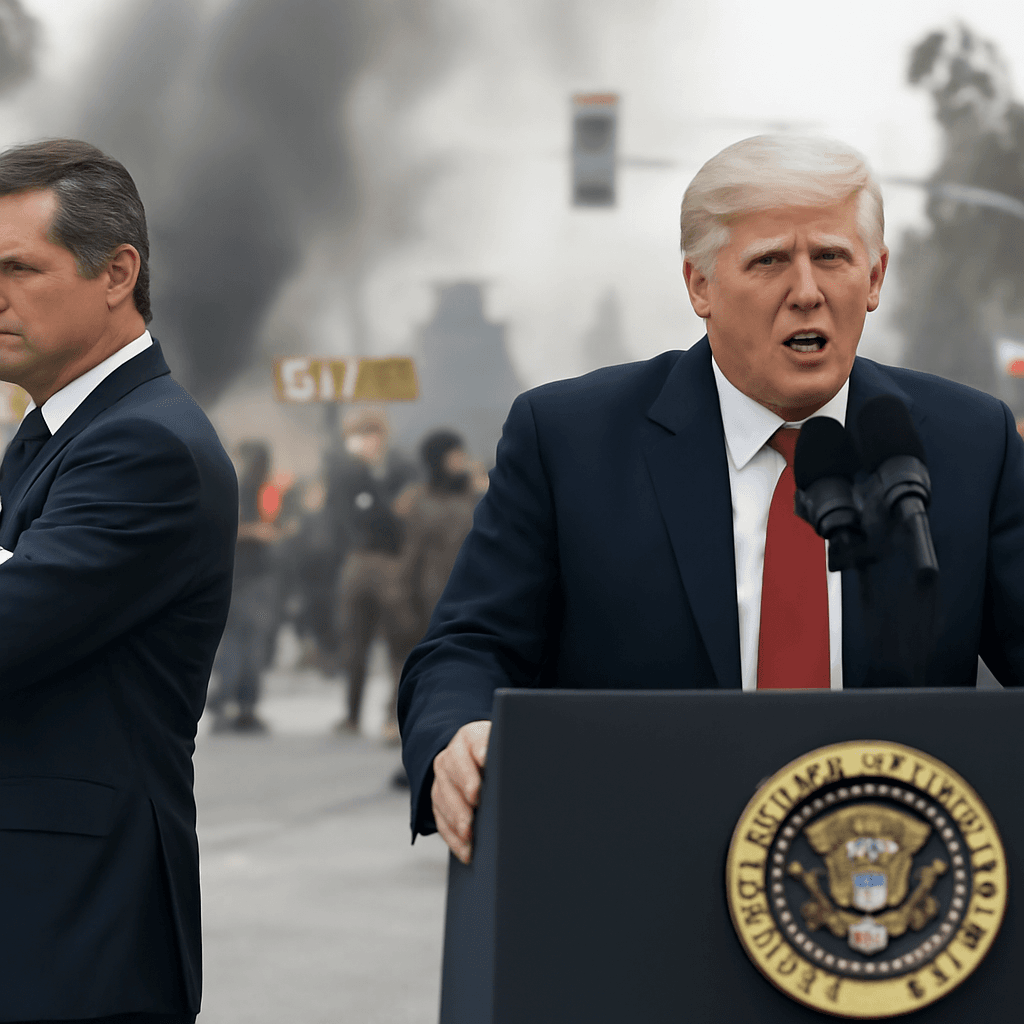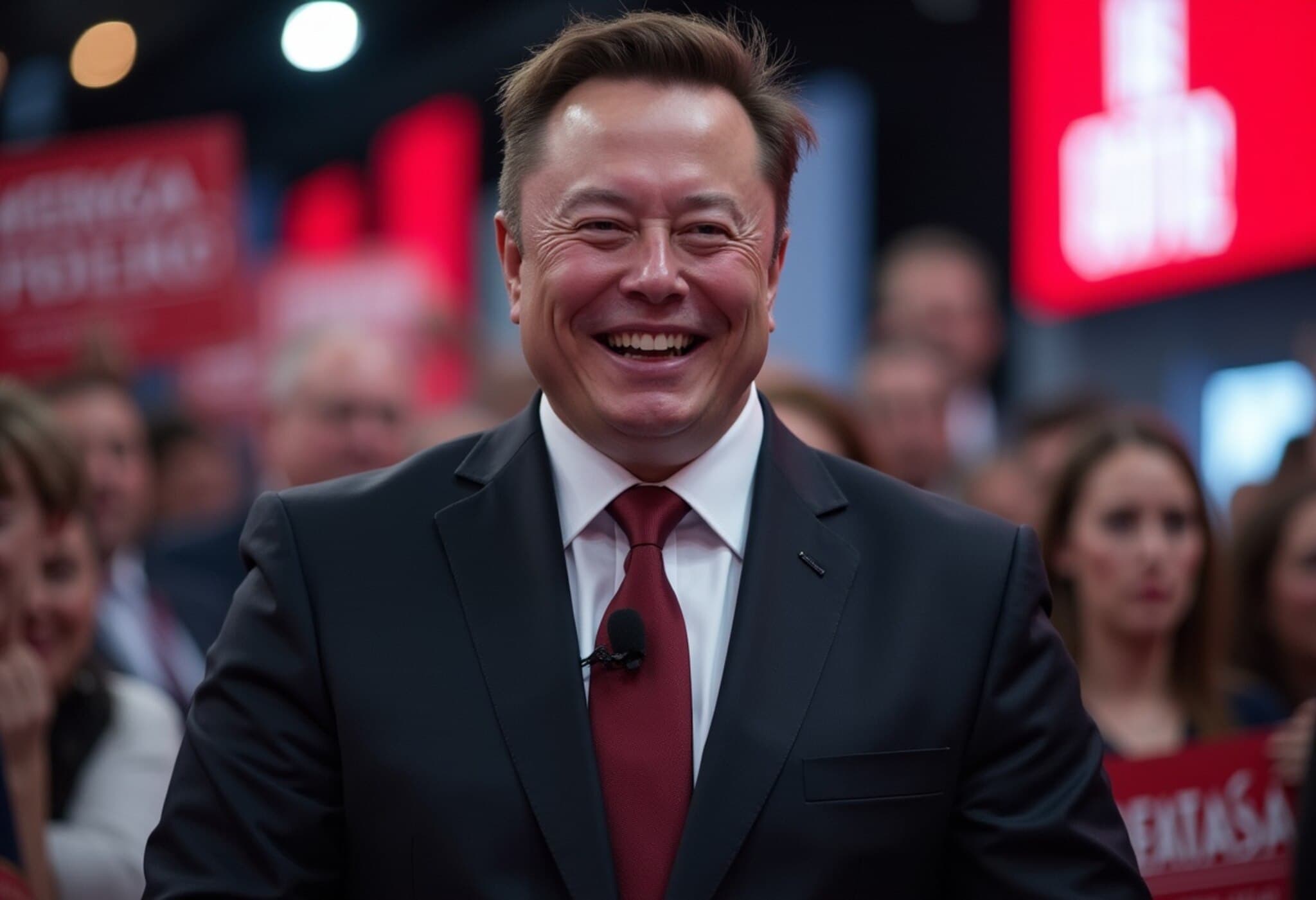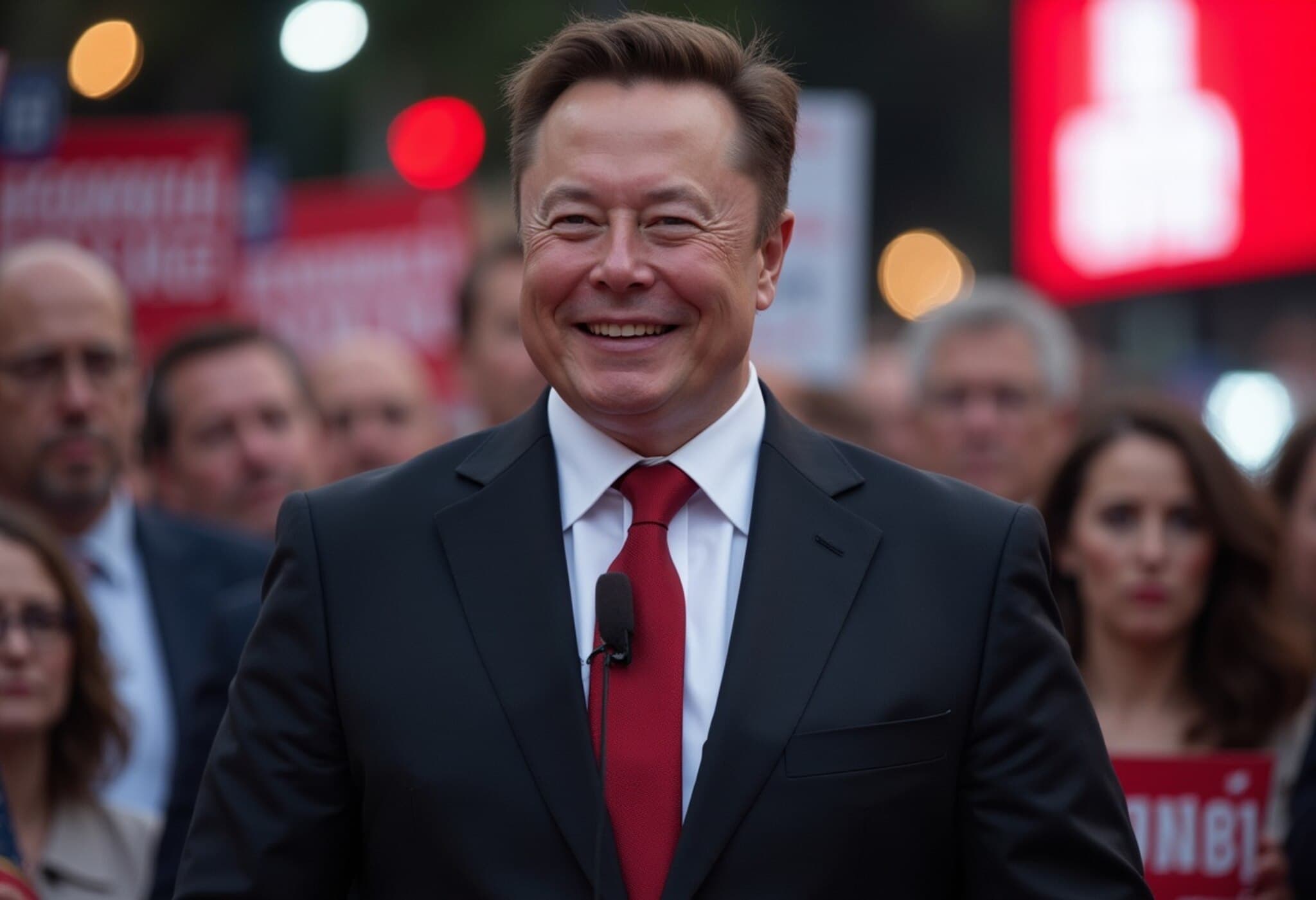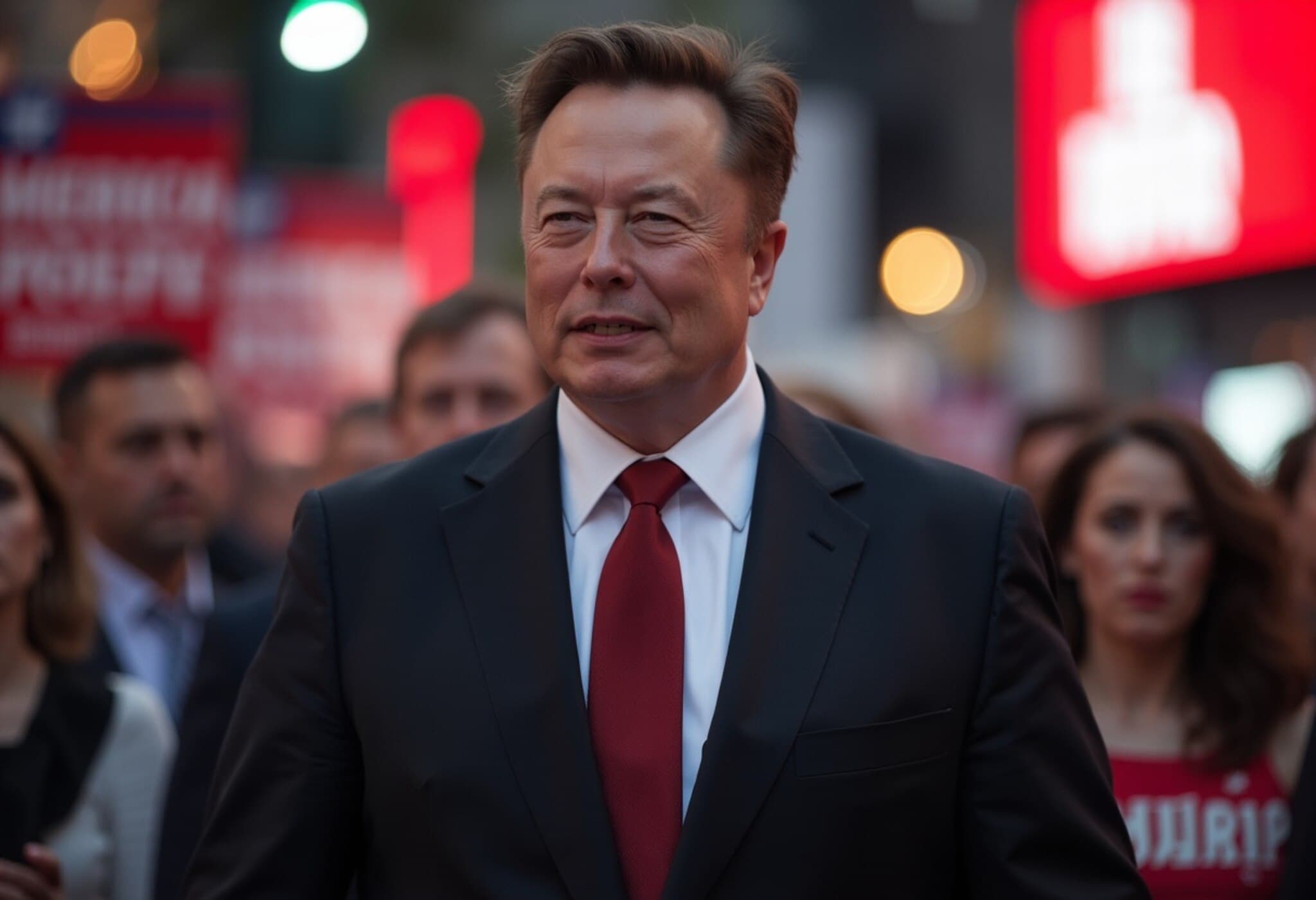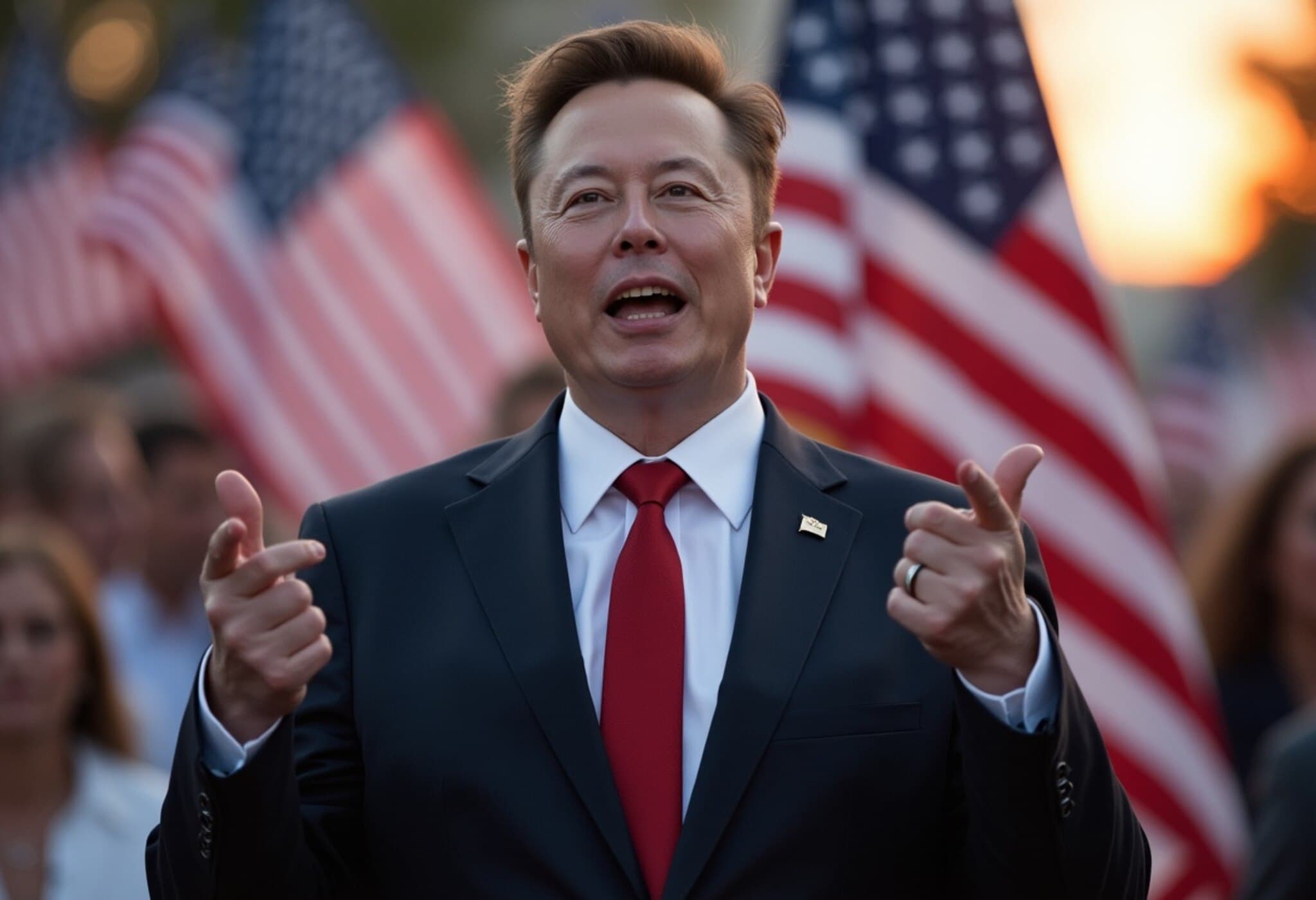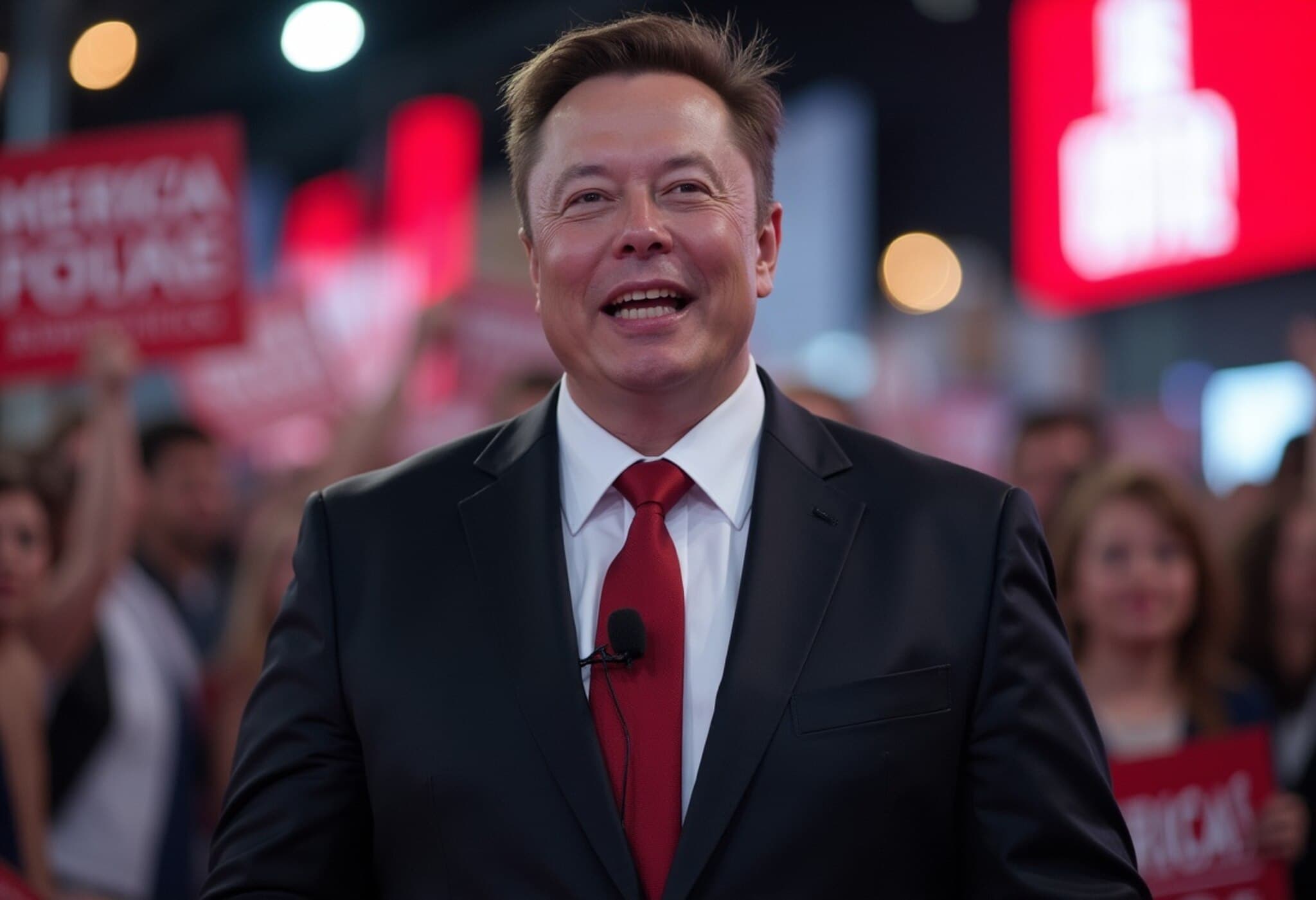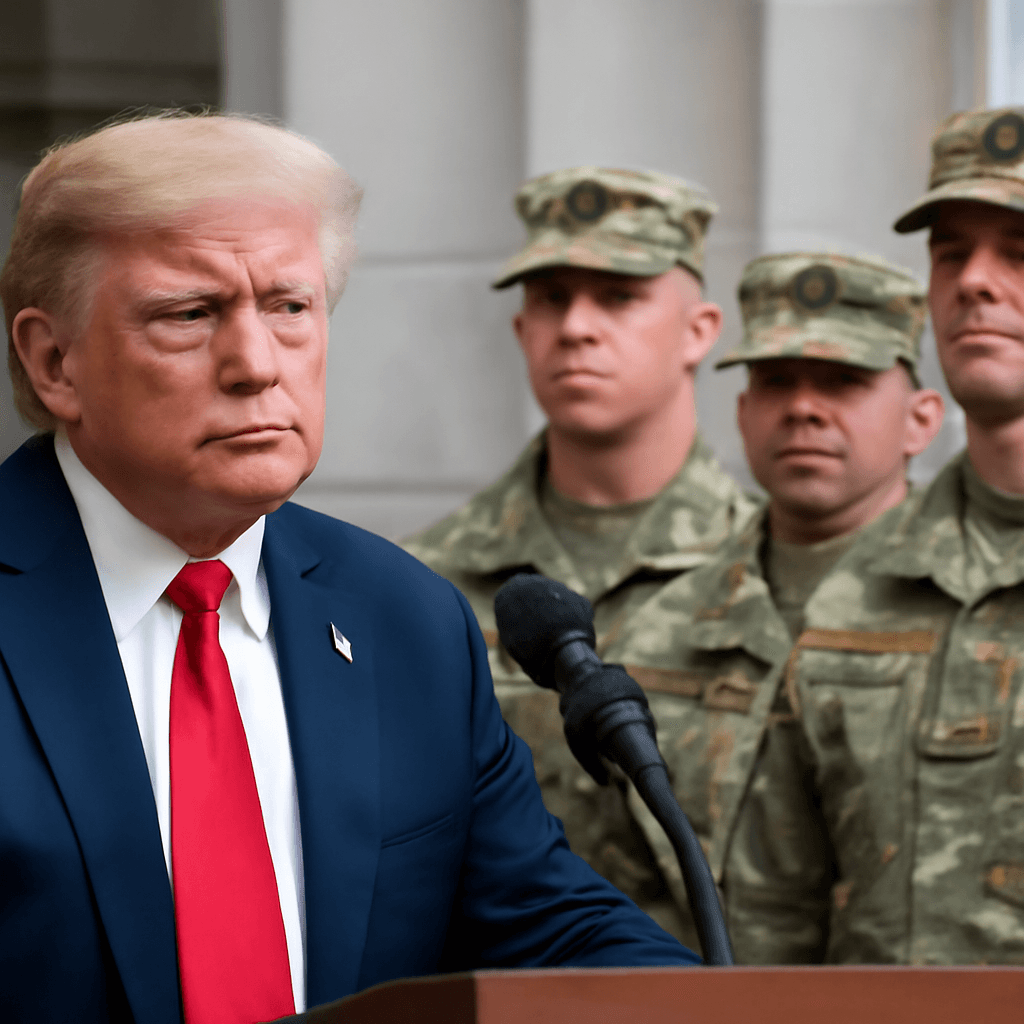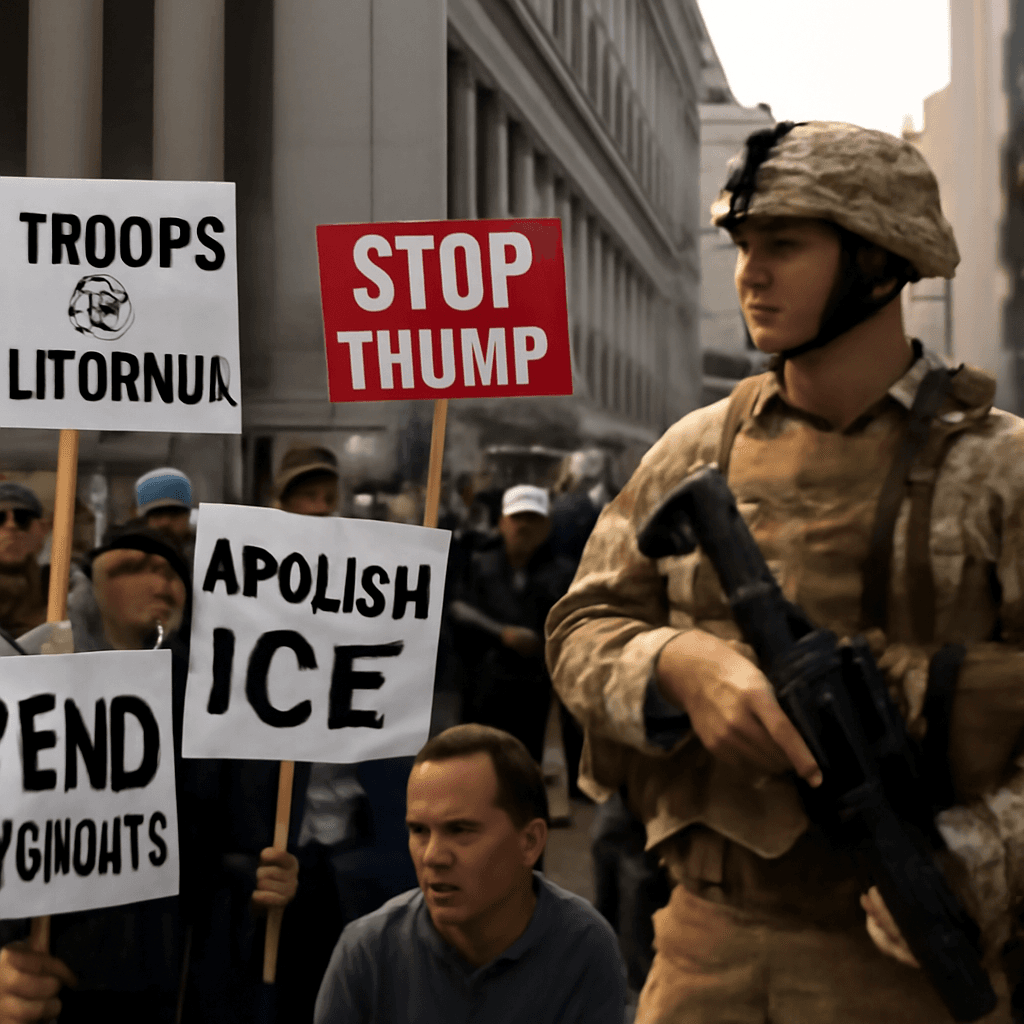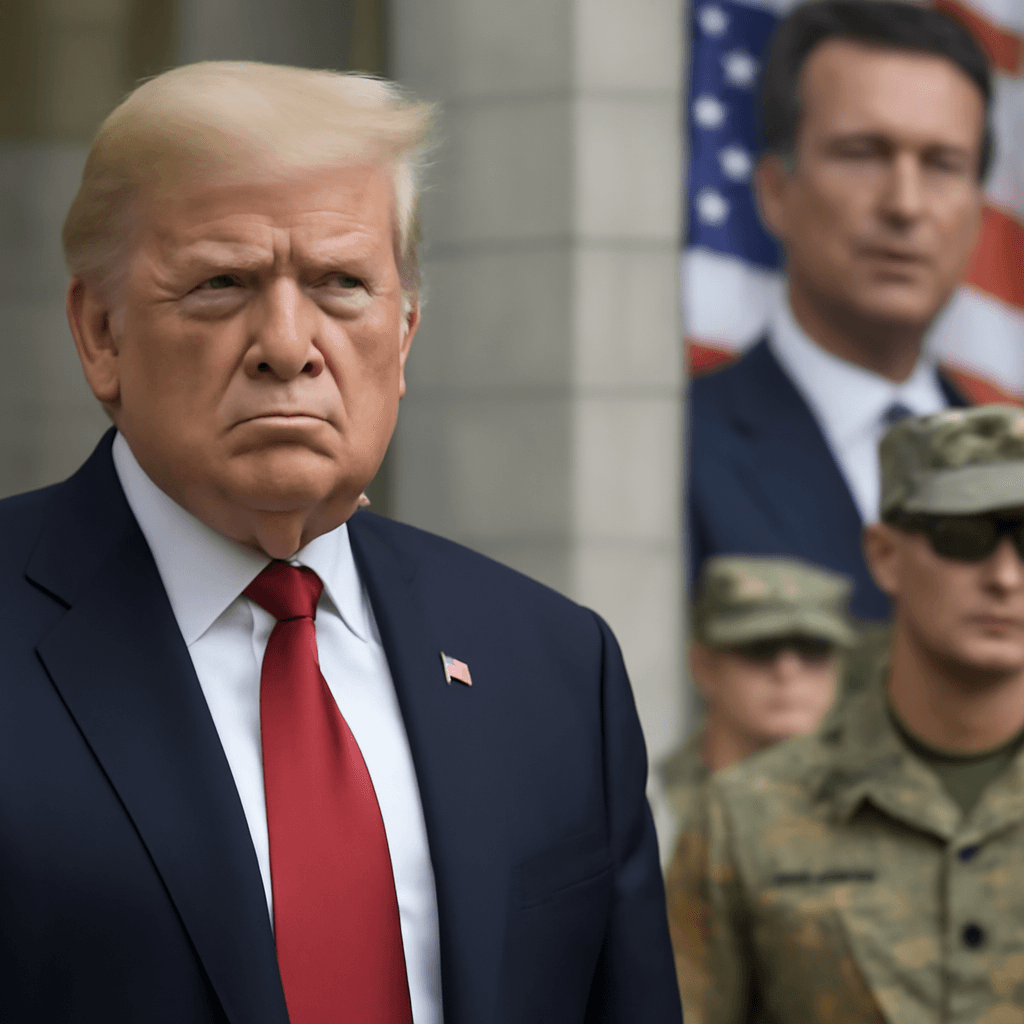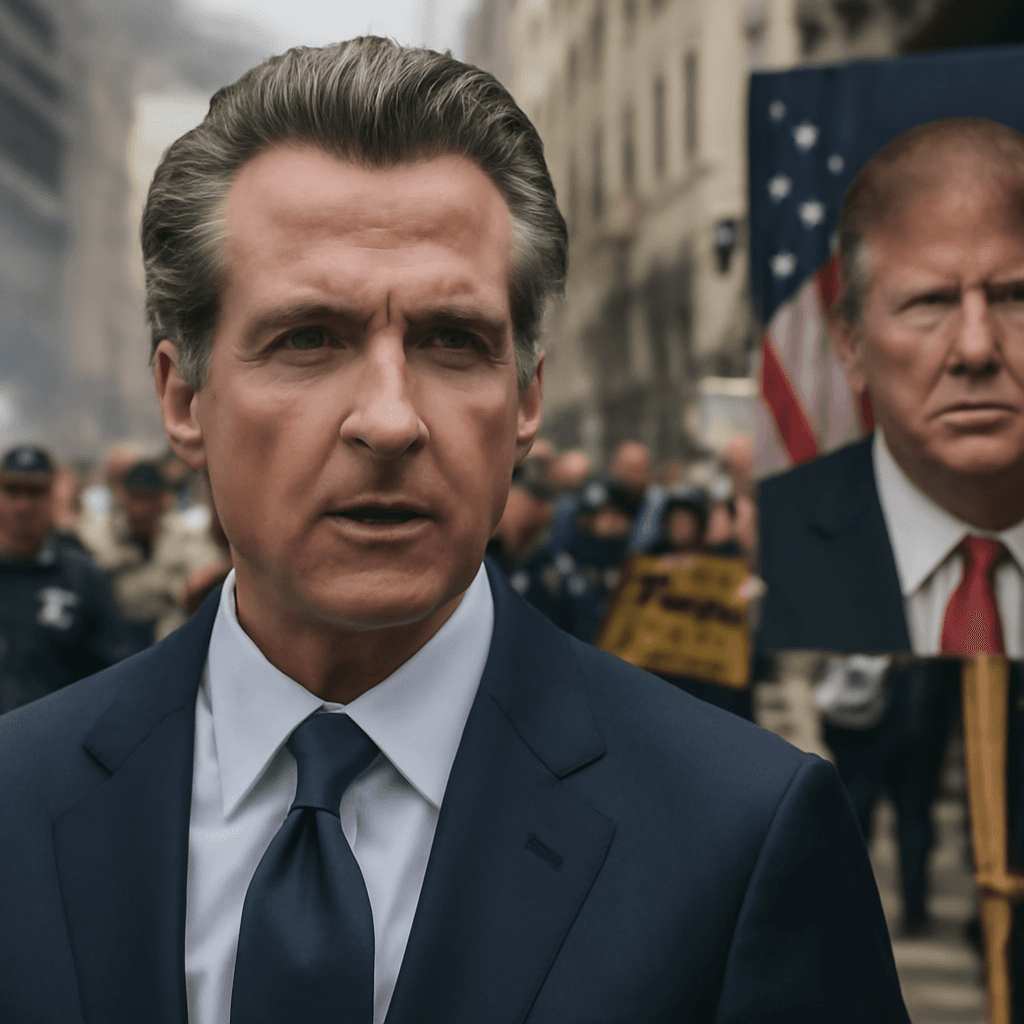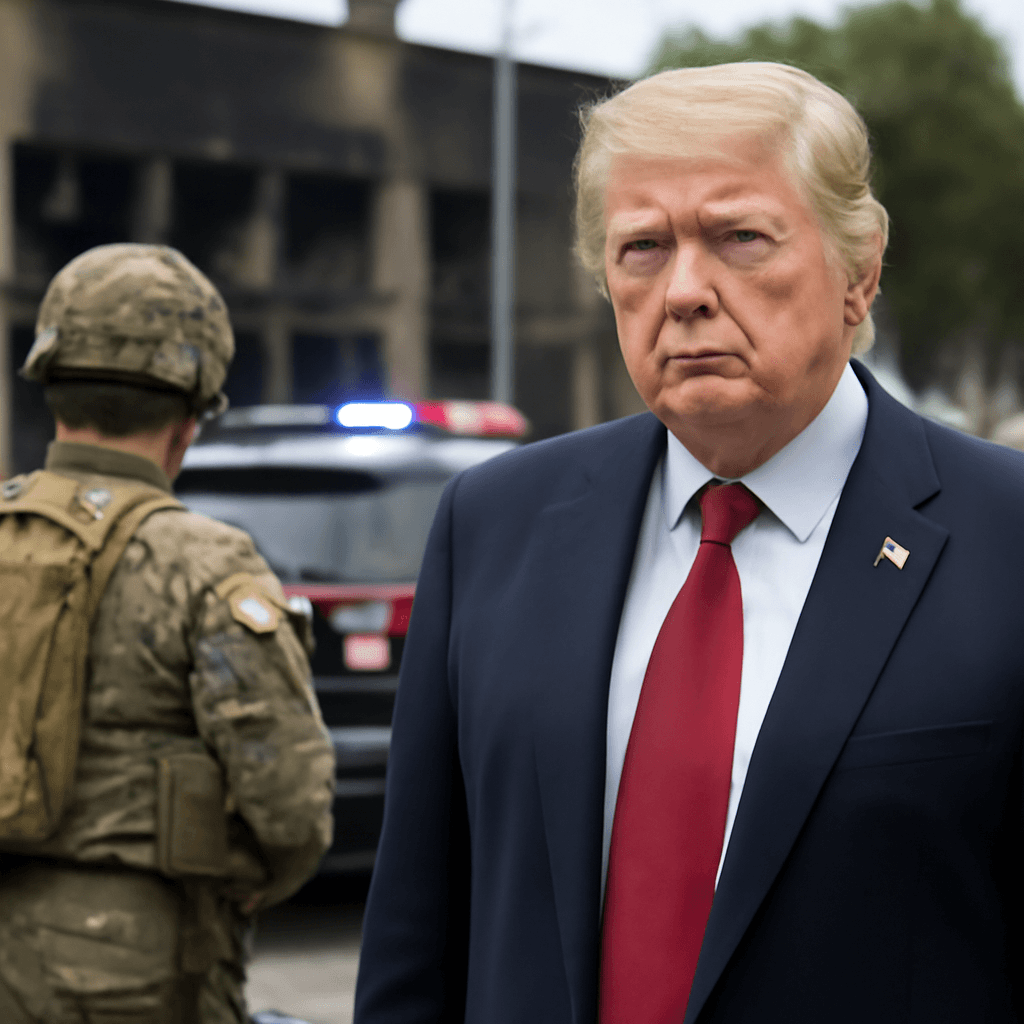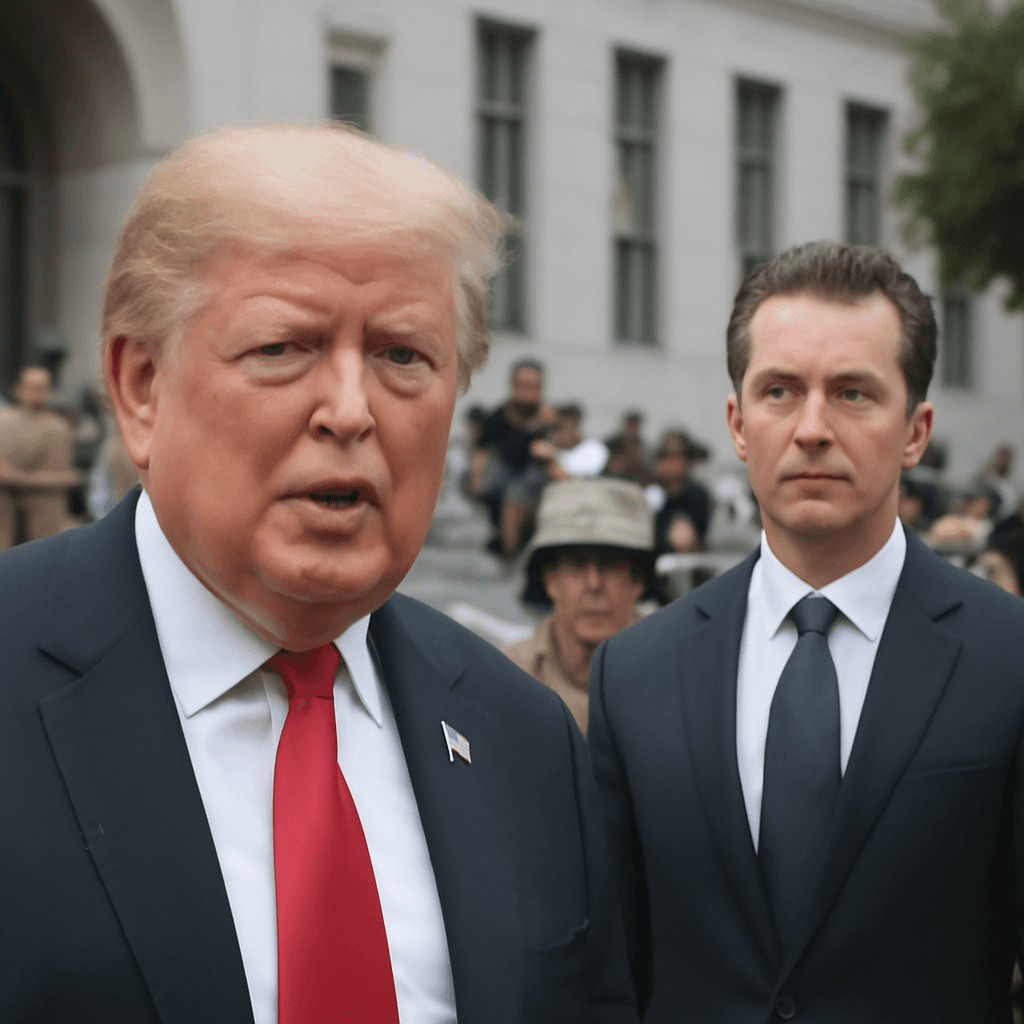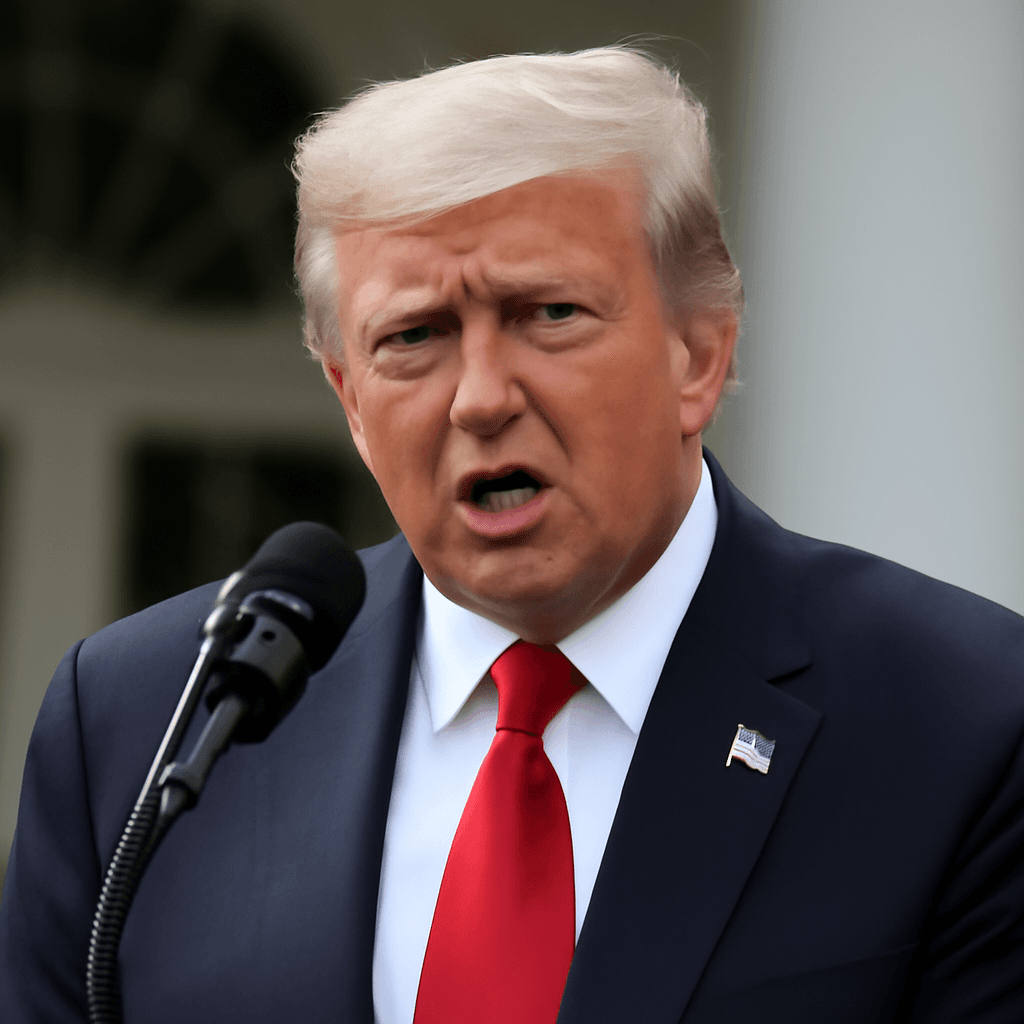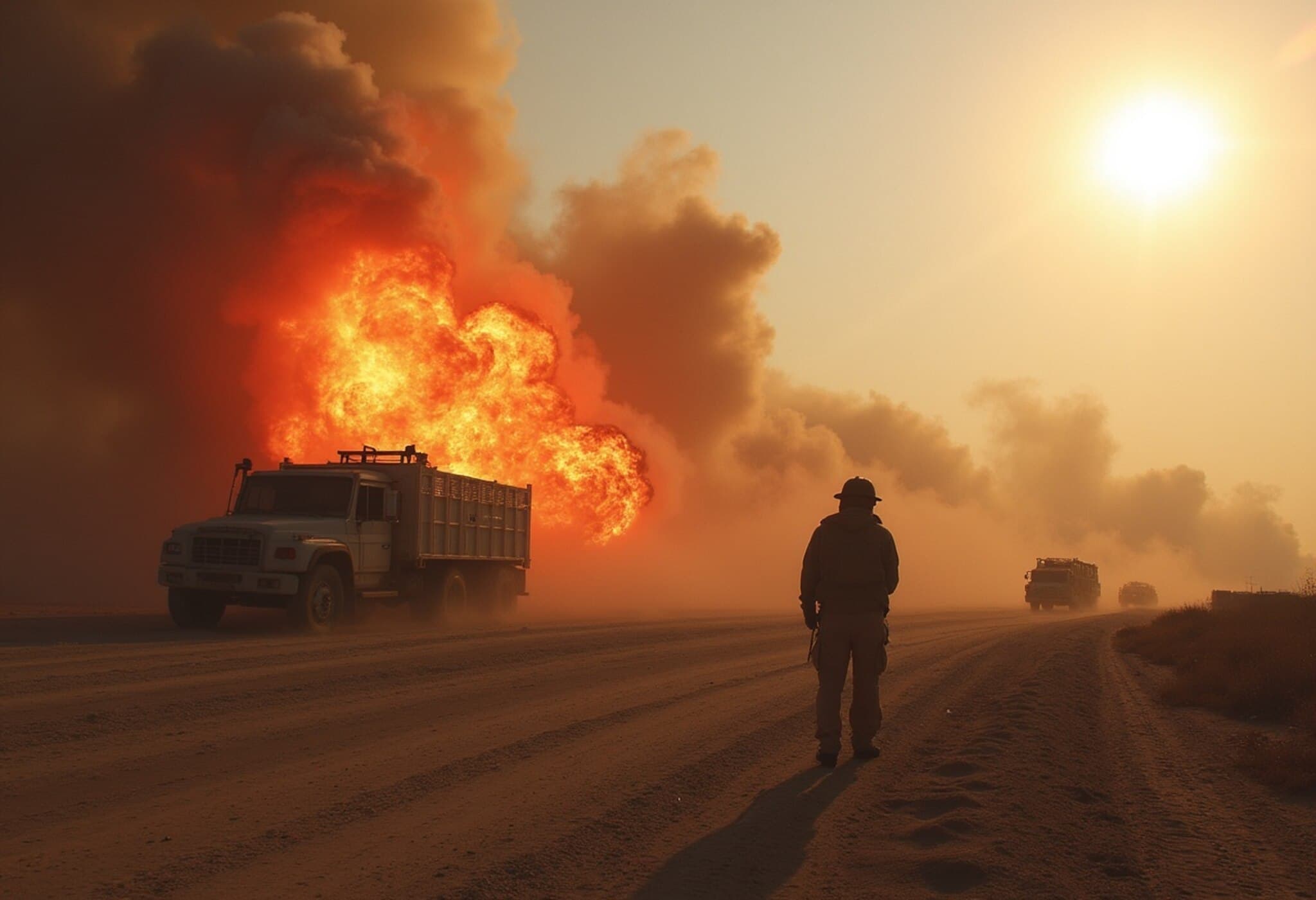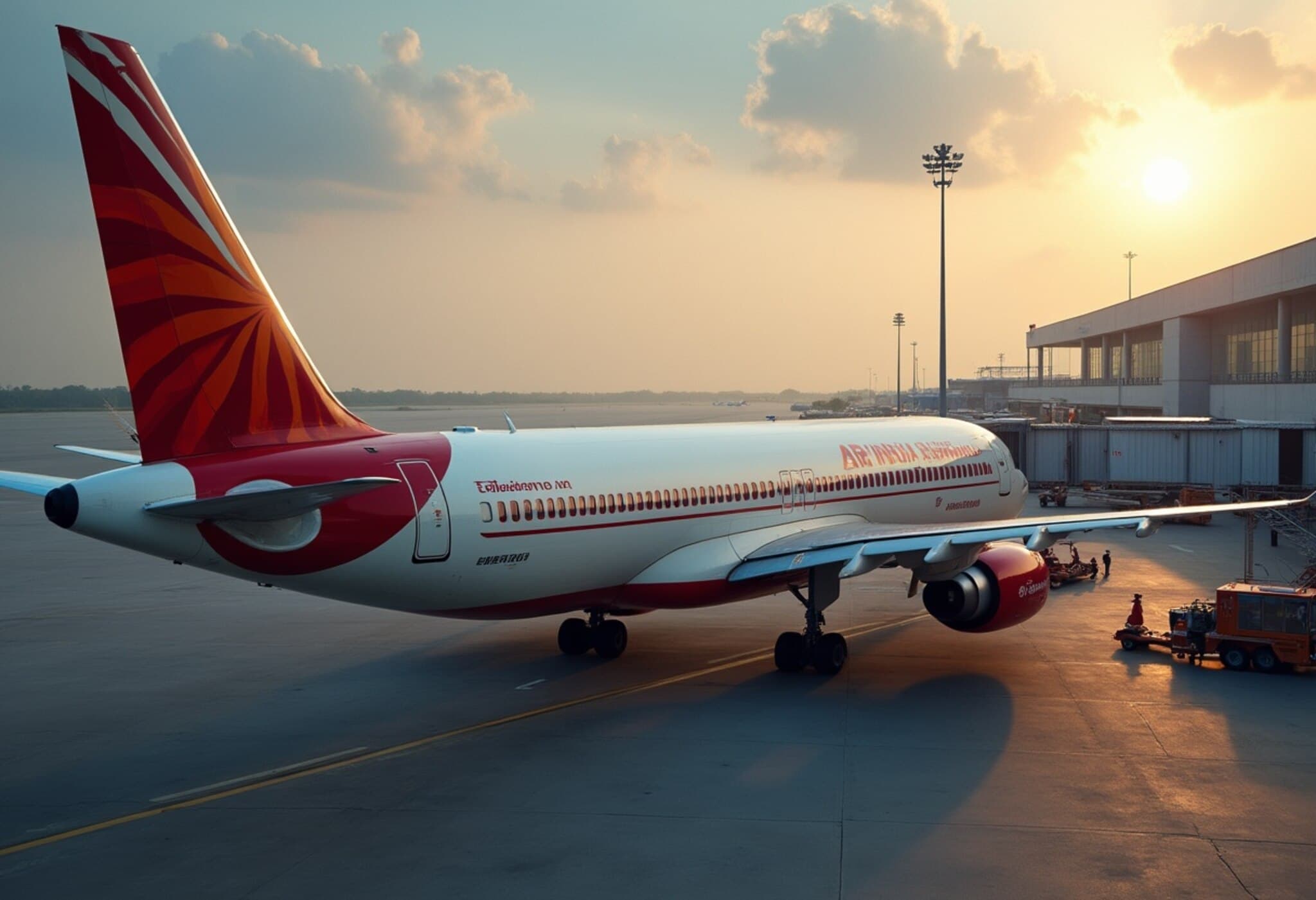Federal Judge Rules Trump Illegally Deployed National Guard in California
A federal judge has issued a temporary restraining order requiring President Donald Trump to relinquish control of the National Guard back to California. The ruling, effective noon Friday, found that the deployment of approximately 4,000 National Guard troops to Los Angeles exceeded presidential authority and violated the Tenth Amendment.
Background: The Controversial Deployment
Following protests sparked by an aggressive immigration crackdown, the Trump administration ordered the National Guard to support immigration agents in Los Angeles. Typically, authorization of National Guard mobilization rests with state governors, but the president invoked Title 10 to federalize the troops.
California Governor Gavin Newsom challenged this move in court, arguing that deploying the Guard for immigration raids against his wishes was unlawful and would inflame tensions, potentially escalating civil unrest. The case underscored contention over the proper limits of federal power against states' rights.
The Judge’s Verdict
U.S. District Judge Charles Breyer ruled that Trump's order violated constitutional boundaries because it bypassed the state's authority. He emphasized the president's power is not absolute, citing constitutional checks as vital safeguards, contrasting presidential authority with historical examples of monarchical overreach.
"We are speaking about limited presidential authority under a constitutional government, not unchecked power like King George," Breyer stated, waving a copy of the Constitution during proceedings.
Government’s Defense and Appeal
The federal government swiftly filed an appeal with the Ninth Circuit Court, asserting the president acted within lawful authority by exercising Title 10 powers. In legal briefs, the Justice Department argued such presidential military actions fall outside judicial scrutiny, referencing historical precedents such as military interventions during school desegregation and postal strikes.
Brett Shumate, attorney for the federal government, maintained that informing the commanding general met all statutory requirements, thus legitimizing the deployment.
Impact on the Ground and Public Response
Despite the ruling, the immediate effect on troop presence in Los Angeles remains uncertain. As of mid-week, only about 500 National Guard soldiers were trained to assist immigration agents. The presence of Marines has yet to be confirmed. Meanwhile, Guard members have played limited roles in countering protests, which have grown more intense since the troop deployment.
Across Los Angeles, dozens of mayors united in calling for an end to the immigration raids and the withdrawal of troops. The federal immigration agents' actions—arresting individuals at public places like Home Depot parking lots—have raised alarm within immigrant communities, deepening fears and triggering widespread protests extending to cities including Boston, Chicago, and Seattle.
Political Tensions and Broader Implications
Governor Newsom and Los Angeles Mayor Eric Garcetti have pushed back against the federal characterization of Los Angeles as a dangerous zone, labeling such descriptions as misleading. The legal challenge spotlights ongoing struggles over federalism, immigration enforcement, and civil rights amid a polarized political climate.
This article presents an updated and clarified snapshot of the evolving legal, political, and social dispute surrounding the National Guard deployment in California.

